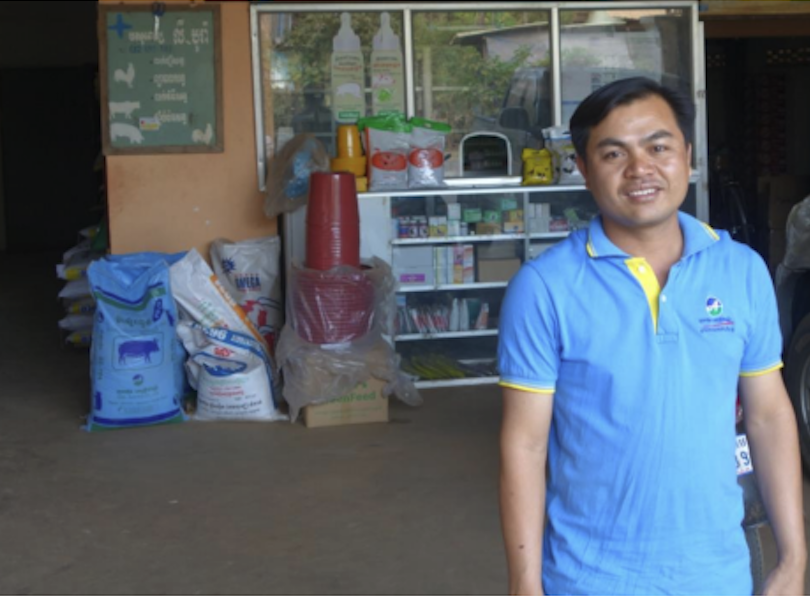Recent Publications & Learning
Doing development differently starts with better evidence and learning.
Doing development differently starts with better evidence and learning.

Research brief capturing the experience of practitioners interested in integrating knowledge on social norms from fields outside of market systems into their work on identifying and measuring systemic change.
Read More
This paper builds on a literature review on evaluating systems conducted under the Leveraging Economic Opportunities (LEO) project, which found issues with the existing frameworks and indicators used for measuring systemic change. It presents a framework that outlines a pathway for systemic change, and presents a complementary set of indicator areas, or ‘domains’, that signal systemic changes.
Read More
This brief presents a summary of findings related to the application of the Outcome Harvesting tool in the Georgian dairy industry.
Read More
Building on the work of the Leveraging Economic Opportunities (LEO) activity on measuring indications of systemic change, this paper summarizes the results of a multi-year research effort to understand the potential of a set of tools – Standard Measurement Tools, Outcome Harvesting, SenseMaker, and Social Network Analysis – to measure systemic change and provides practical guidance for practitioners.
Read More
This brief paper describes an effort to build a set of basic and easily used tools for monitoring system dynamics, or system health. The term, “system dynamics,” refers to the way actors, or agents, within a system act and relate to one another. It includes flows between agents as well as the norms that govern the way groups of agents in a system make seemingly independent decisions.
Read More
Over the course of the Leveraging Economic Opportunities (LEO) activity, MSA discovered that there had been very analysis of the durability of the results created by market systems development initiatives following their completion. Consequently, MSA conducted this ex-post assessment of the USAID/Cambodia Micro, Small and Medium Enterprise (MSME) project's work in the swine sector five years following its closure. MSME promoted the use by the private sector of an embedded training model, in which companies would provide technical information on input selection and application at no direct charge to swine farmers in order to increase input sales. MSA’s research found that the embedded training model has endured and indeed expanded since the end of the project, being used to varying extents by the majority of the firms in the sector, indicating that it has become an industry norm.
Read More
This paper summarizes MSA’s test of the outcome harvesting approach as a tool to measure systemic change. In May and June 2016, MSA applied outcome harvesting to the Alliances Lesser Caucasus Programme (ALCP)’s work in the dairy industry in Georgia. In so doing, MSA adapted the tool to be sensitive to identifying systemic change outcomes. Instead of focusing on systemic changes within the market system, this application innovatively looked at systemic changes in the geographic areas where ALCP operated and hence identified a much broader set of systemic changes.
Read More
This brief presents policy recommendations based on findings from a pilot study conducted by Marketshare Associates in Egypt and Morocco on the household level results of GIZ implemented, BMZ-funded private sector development (PSD) programs. The study design integrates innovative qualitative household level monitoring tools to develop a more complete picture of if, how and why interventions result in empowerment.
Read More
This report presents findings from a pilot study using a qualitative Rapid Assessment tool designed to integrate household-level indicators of WEE into results measurement systems. It synthesizes findings from interviews conducted with women beneficiaries in Egypt and Morocco, and provides a preliminary understanding of household-level results of BMZ-funded women’s economic empowerment activities.
Read More
This paper provides guidance for measuring results in conflict-affected environments (CAEs) using the DCED Standard, a framework for measuring and managing results of private sector development programs.
Read More